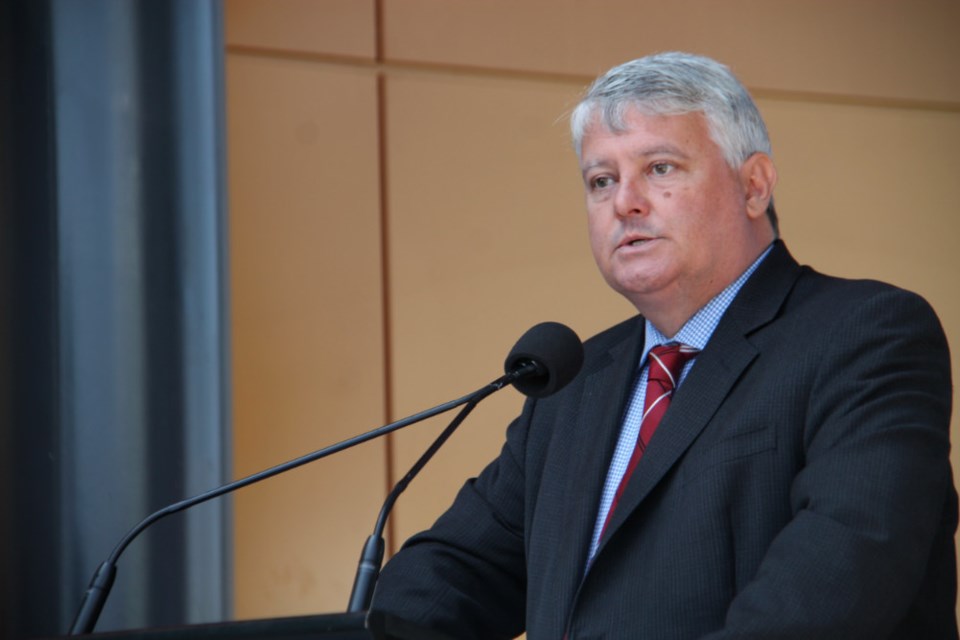NEWS RELEASE
SAULT MP TERRY SHEEHAN
*************************
OTTAWA – Essar Steel Algoma and Tenaris appeared before the International Trade committee in Ottawa.
The committee is currently undertaking work on the impact of tariffs on Canadian firms and workers. This week, the committee heard from various witnesses, including Algoma Steel and Tenaris Tubes.
Appearing on behalf of Algoma Steel, Kalyan Ghosh, President and CEO said, “We are thankful to the government for the $250 Million SIF Fund announcement [for the steel industry affected by tariffs] and Algoma has applied to make steel plant more sustainable in the future…modernizing so we can produce different grades of steel…which at the moment is not made in Canada and we will be able to make in the future.”
On Monday, Sheehan spoke with both the Prime Minister and Minister Chrystia Freeland about using the positive momentum created by coming to an agreement on the new trade deal, to focus on the removal of the unacceptable tariffs on Canadian steel and aluminum.
We all agree we will continue efforts fighting against the unfair tariffs, and provide ongoing support for the steel industry and workers. This includes leaving Canada’s $1.6 billion in retaliatory tariffs on a variety of U.S products in place, as well as the $2 billion dollars in aid for the steel industry and steelworkers in place.
Sheehan said, “Unfortunately there is some misinformation out there regarding the USMCA and the steel and aluminum tariffs being linked in negotiations. This is untrue. NAFTA negotiations could not include the steel and aluminum tariffs because the tariffs were applied by President Trump as an Executive Order, creating an entirely separate dispute mechanism requirement. The tariffs were no longer a part of NAFTA and could not be negotiated for this agreement.”
Trump cited Section 232 of the Trade Expansion Act of 1962 to bypass Congress in pursuit of the new tariffs. Saying he based his decision primarily on an American Commerce Department report assessing the potential national security threats from the metal imports.
“Now with the agreement in principle on the USMCA completed, we are able to deal with the tariffs, and just as before when the tariffs were first applied, I can tell you defending our workers and strengthening the Canadian steel industry remains a priority for me and the federal government. In the meantime, our retaliatory tariffs on U.S. goods remain in place and the $2 billion in aid for the industries is ongoing,” Sheehan added.
When enacted, the new USMCA agreement will safeguard $2 billion daily in cross-border trade. This new agreement will be good for Canadian workers, businesses, and families.
The importance of effective trade was highlighted by testimony from David McHattie, Vice-President of Institutional Relations Canada at Tenaris. He said, “Good trade requires good strong rules and even though we are good friends [to U.S] having rules is very important and I think we’ll see economic growth from having the USMCA and that’s good for most people in the Industry.”
*************************
